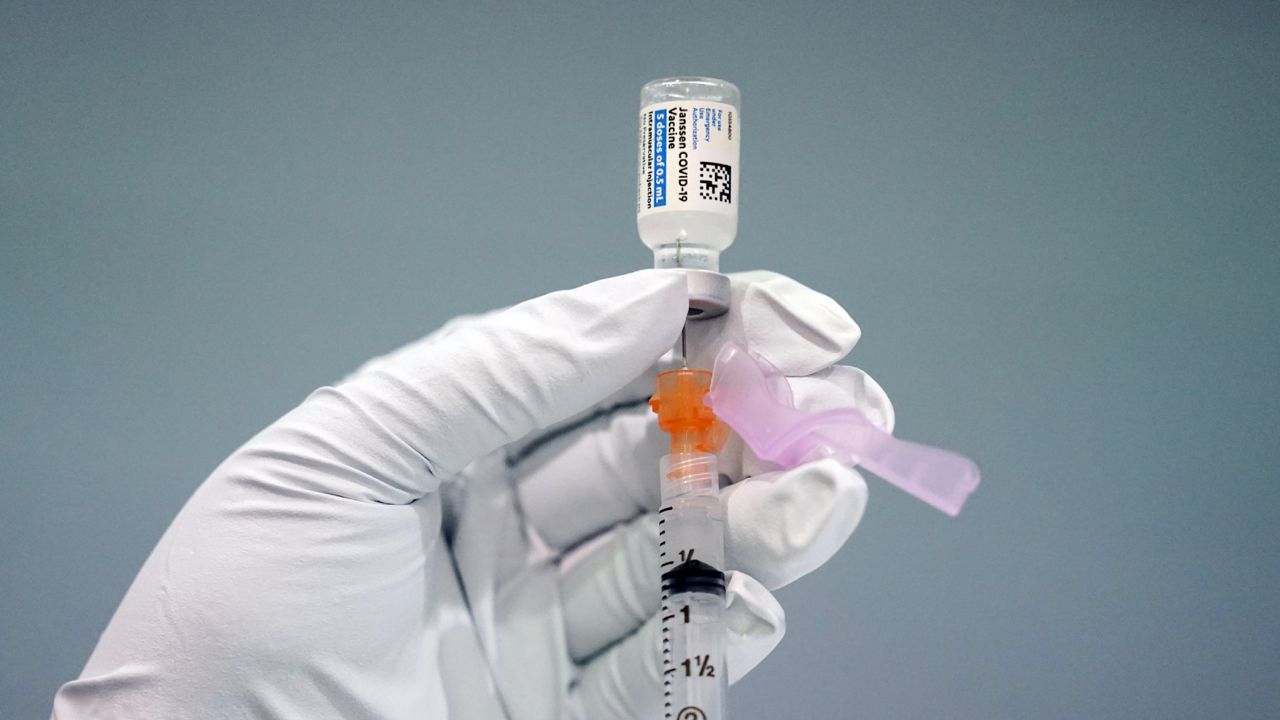Johnson & Johnson plans to begin a study of its single-dose COVID-19 vaccine in children as young as 12 years old by this fall, a spokesperson for the company said at a symposium hosted by Johns Hopkins University and the University of Washington on Wednesday.
Macaya Douoguih, head of clinical development and medical affairs for vaccines at Janssen, said the pharmaceutical company will use results from its Phase 2a trials — which tested the COVID-19 vaccine in a cohort of adolescents aged 16 and 17 — to inform its trial in the younger population.
“As we all know, the pandemic has had a profound impact on children and adolescents,” Douoguih said in part. “We are focused on the critical work needed to make our single-dose COVID-19 vaccine equitably accessible for all age groups.”
Preliminary data from the Phase 2a study will be made publicly available in the near future, she added.
The company currently has four adolescent studies planned, the first of which will consist of individuals aged 12-17 years old, which will kick off some time this fall.
Pending preliminary results from that study, Johnson & Johnson hopes to conduct two-part research in children aged 2-11 years old, starting with those aged 6 and up.
A third study would test children aged 0-2 years old, with a fourth and final study looking at the vaccine’s efficacy in immunocompromised and high-risk children aged 1-17 years old.
In total, the company expects upwards of 4,500 participants of all ages in the upcoming trials.
All participants would receive a year of follow-up study to track any unwanted side effects, Douoguih said.
Details of the trials are subject to change pending discussions with health officials.
Johnson & Johnson’s COVID-19 vaccine was granted emergency use authorization by the U.S. Food and Drug Administration (FDA) in mid-February, which only applies to individuals aged 18 and up.
Currently, Pfizer-BioNTech is the only vaccine approved for use in children as young as 12 in the United States. In late May, Moderna said its COVID-19 vaccine strongly protects kids as young as 12, a step that could put the shot on track to become the second option for that age group in the U.S.
Both Pfizer and Moderna have begun testing in even younger children, from age 11 down to 6-month-old babies. This testing is more complex: Teens receive the same dose as adults, but researchers are testing smaller doses in younger children. Experts hope to see some results in the fall.
Both companies have also applied for full approval of their COVID-19 vaccines, Moderna for use in those 18 and up and Pfizer for those 16 and up.
The Associated Press contributed to this report.



